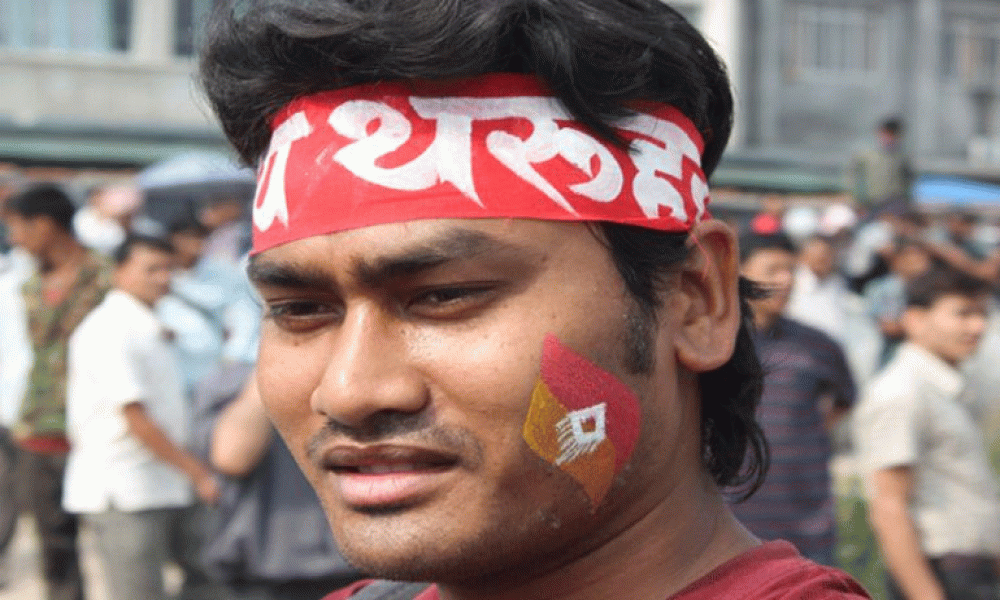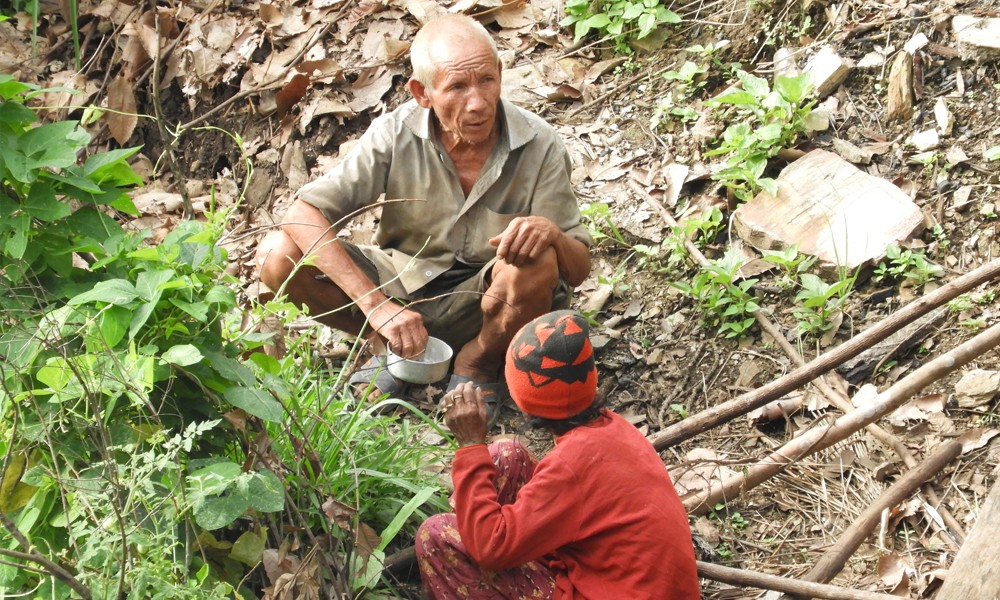Sitaram Chaudhary
On the evening of 24 August, I was on my way to my rented room in Kirtipur of Kathmandu. I was in a bus, and I eavesdropped on two Bahun men chatting with each other.
First man: did you hear the news?
Second man: what news?
First man: So many policemen were killed in Tikapur today.
Second man: Oh, I heard it. Tharus are behind it, no?
First man: Yes, they are.
Second man: How dare they do so? Are they not Kamaiyas and Kamlaris? Are they not uneducated and work for us?
One month after the Tikapur violence that claimed lives of eight policemen and one child, people are still shocked and horrified. It will take years for the people to erase the memory of the Tikapur violence.
In the wake of the Tikapur violence, the whole Tharu community’s allegiance to the Nepal state is being questioned. Tharu youths face uncomfortable questions from their non-Tharu friends. Some have even demonized the whole community on social networking sites for the crime committed by a bunch of people.
In the wake of the Tikapur violence, the whole Tharu community’s allegiance to the Nepal state is being questioned. Tharu youths face uncomfortable questions from their non-Tharu friends.
Tharus fought for Nepal’s sovereignty and integrity for hundreds of years, but their faith in the state has now come under question just because of this one-off incident. Is it fair to dehumanize the whole community for this rare incident? Is it fair to ignore their demands and suppress them for this one incident?
That fateful day, online news portals competed with each other to break the new. They were outdoing each other to give more details. They initially reported four deaths, but went on to increase the death toll to 22. The even claimed that Tharus killed two innocent children. By that night itself, it became clear that the death toll was just nine and only one child was killed. But no newsroom thought it necessary to apologize for inaccurate information.
Also, the media did not care how many Tharu protesters were injured and detained in Tikapur. The media just trusted the government and disseminated news based on the details provided by the local administration. The media gave space to hate speech delivered by some chauvinistic leaders and did not criticize the government when the army was deployed in Tikapur.
Tharus sacrificed their lives during the Maoist war. Tharus were treated as terrorists and killed by the state during the war.
During the curfew, houses and other properties of Tharus were set on fire. Tharu women were harassed. Tharu children were threatened. But the media deliberately overlooked the state-sponsored injustice. Human rights activists and civil society members did not reach Tikapur immediately. Would they have shown the same degree of apathy if human rights of other Hill Brahmin communities were at stake?
Tharus sacrificed their lives during the Maoist war. Tharus were treated as terrorists and killed by the state during the war. The recently adopted constitution of Nepal has Tharu blood all over it. Even so, the constitution has not treated Tharus equally.









